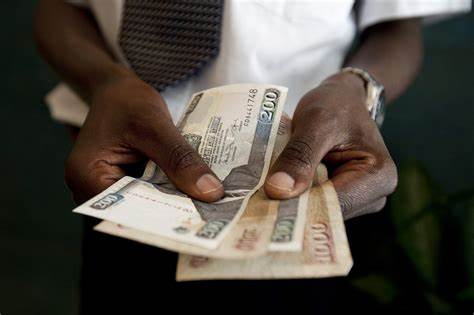Money circulating outside the formal monetary system slid to a new low of KSh252 billion in April as the clock ticks toward Kenya’s August general elections, where spending by politicians tilts the money supply.
Data from the Central Bank of Kenya(CBK) shows that money supply rose by KSh 3.69 billion from KSh248 billion in March 2022.
Opinion is still divided on whether the money supply surge is due to increased economic activity or fueled by election campaign spending.
The Parliamentary Budget Office has already raised the red flag, warning that uncontrolled election spending could spike the cost of living index.
Leading presidential candidates in Kenya’s August 2022 polls are reportedly fighting for all available billboards in prime locations in Nairobi and other major urban centres.
This creates a frenzy as other contenders rush for the remaining outdoor advert spaces.
Demand for outdoor advertising spaces is not only confined to presidential candidates. Candidates vying for the seat of Governor are also booking heavily on all spaces offered by big players in the outdoor advertising business.
This emerging trend has been heating up towards August and dramatically lifted the country’s ad spending, especially outdoor advertising revenue estimated at billions of shillings annually.
Kenya conducts costly elections with politicians splurging billions on expenditures such as advertising, printing merchandise, transportation, event operations and management.
The cost of managing elections in Kenya is one of the highest in the world at $25 (Sh2,900) per voter. Add political spending on high-end vehicles and renting helicopters every hour to reach remote towns and rural areas much faster.
ALSO READ: Why Kenya Cannot Print More Money To Pay Off Debts




